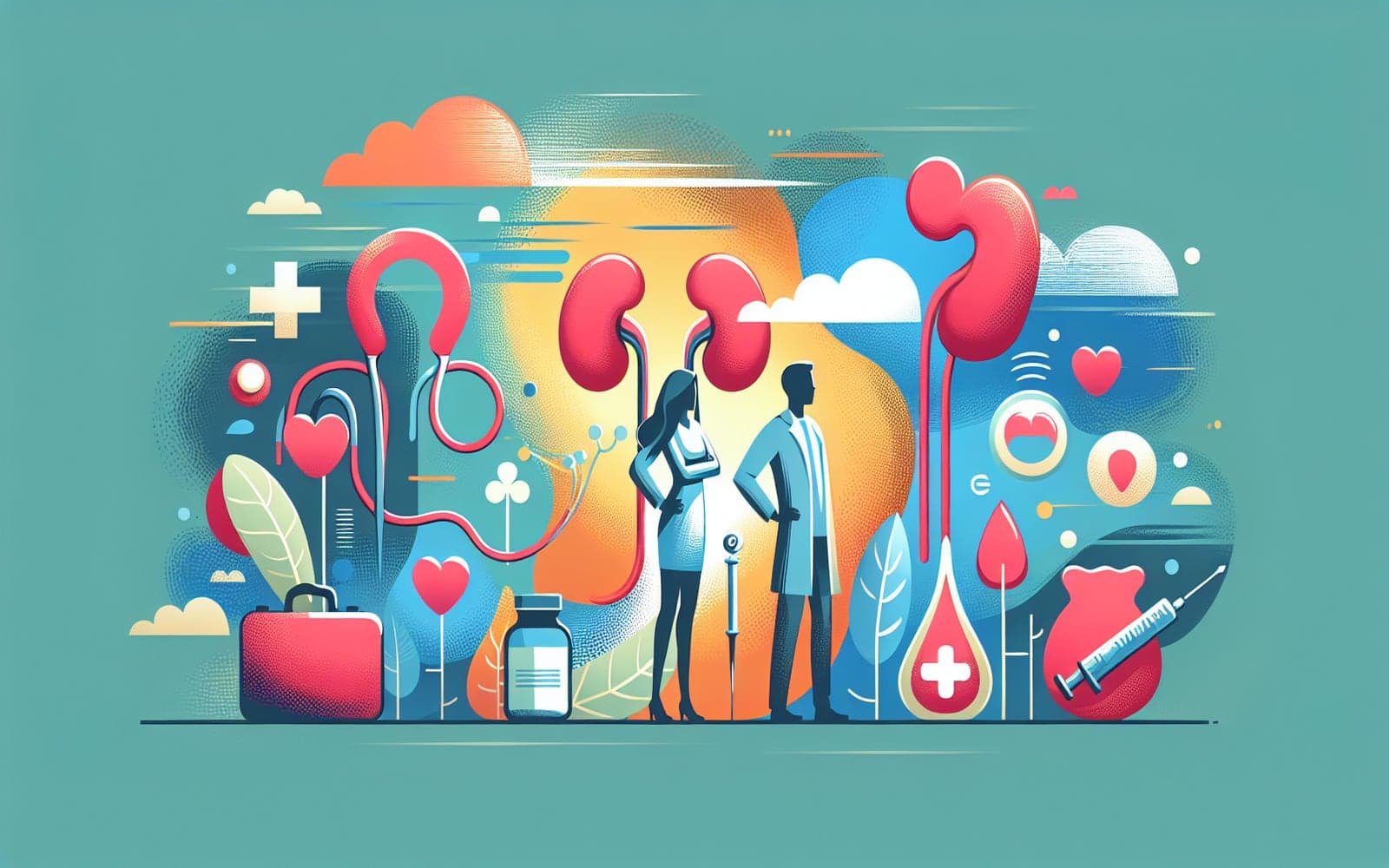Recognizing Kidney Stone Symptoms: What to Watch For
Published: Apr 04, 2024

Medically reviewed by Alan Lucks | MD, Alan Lucks MDPC Private Practice - New York on April 4th, 2024.
Kidney stones can present with a variety of symptoms, some of which may surprise you. Learn about these signs to better detect and manage this condition.
Contents
Common Symptoms
The most common symptom of kidney stones is intense pain, often described as renal colic. This pain can vary in location, typically starting in the flank and radiating to the lower abdomen or groin. Other symptoms include hematuria, or blood in the urine, which can be visible or detected through a microscope. These symptoms often indicate that a stone is moving through the urinary tract.
Less Common Symptoms
Not everyone experiences the classic symptoms of kidney stones. Some people may have nausea, vomiting, or even difficulty urinating. These less common symptoms often occur when stones are located in the lower ureter. Recognizing these signs can help in seeking timely medical intervention.

Potential Complications
Kidney stones can lead to complications if not treated. Persistent obstruction can damage the kidneys, while an infected stone can become a medical emergency. Immediate treatment is crucial to prevent long-term damage or severe infection.
Frequently Asked Questions
The main symptom is intense pain known as renal colic.
Yes, nausea and vomiting can occur with kidney stones.
Complications include kidney damage and severe infection.
Yes, hematuria is a common symptom of kidney stones.
Key Takeaways
Could recognizing symptoms early help in managing kidney stones effectively?
Talk with Doctronic to learn more about identifying and managing kidney stone symptoms.Related Articles
References
Moore CL, Bomann S, Daniels B, et al. BMJ 2014; 348:g2191.
Press SM, Smith AD. Urology 1995; 45:753.
This article has been reviewed for accuracy by one of the licensed medical doctors working for Doctronic. Always discuss health information with your healthcare provider.

